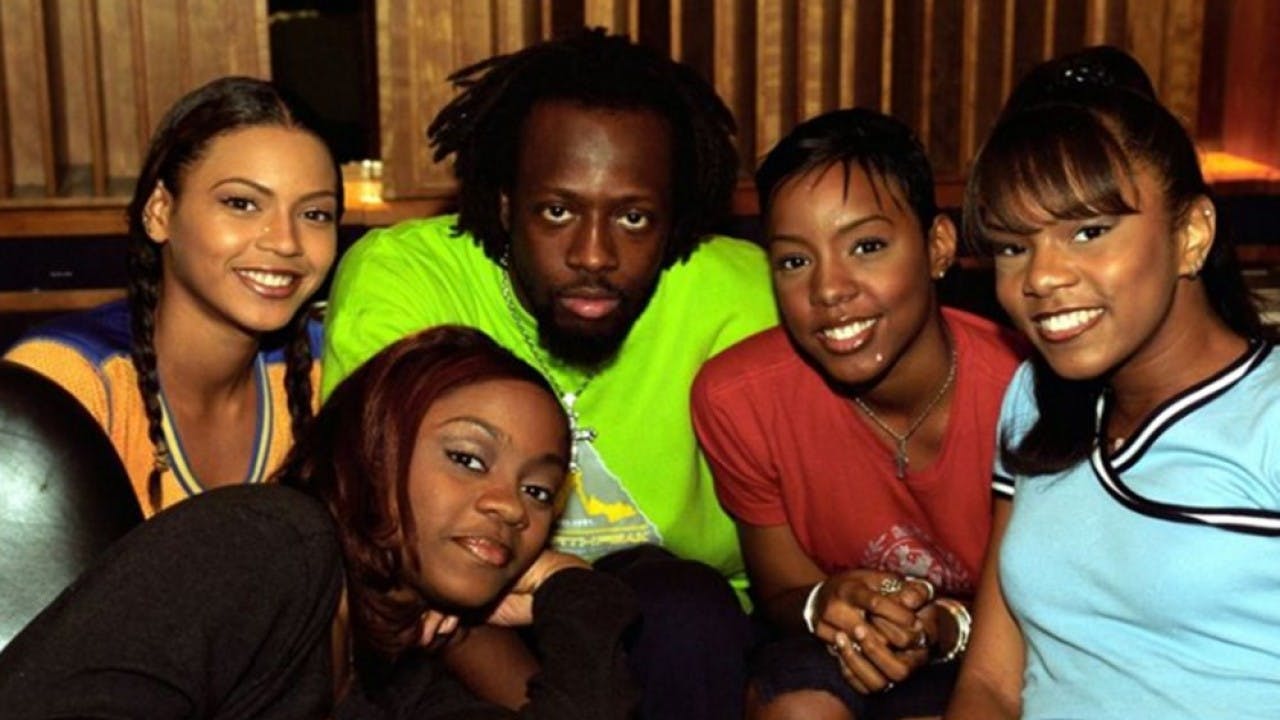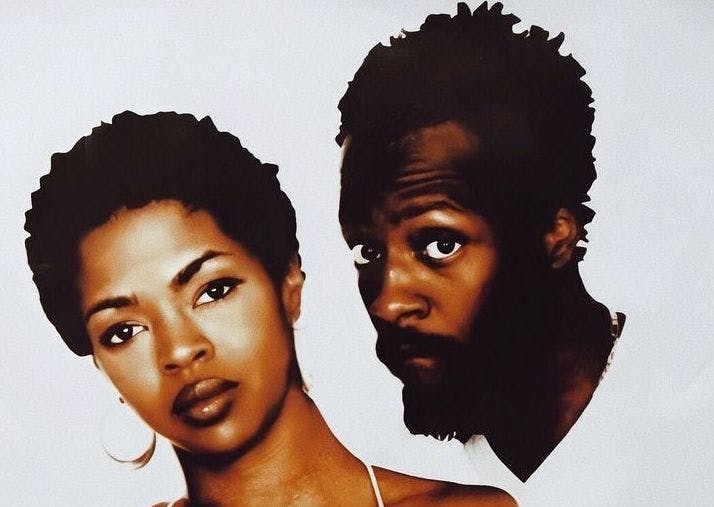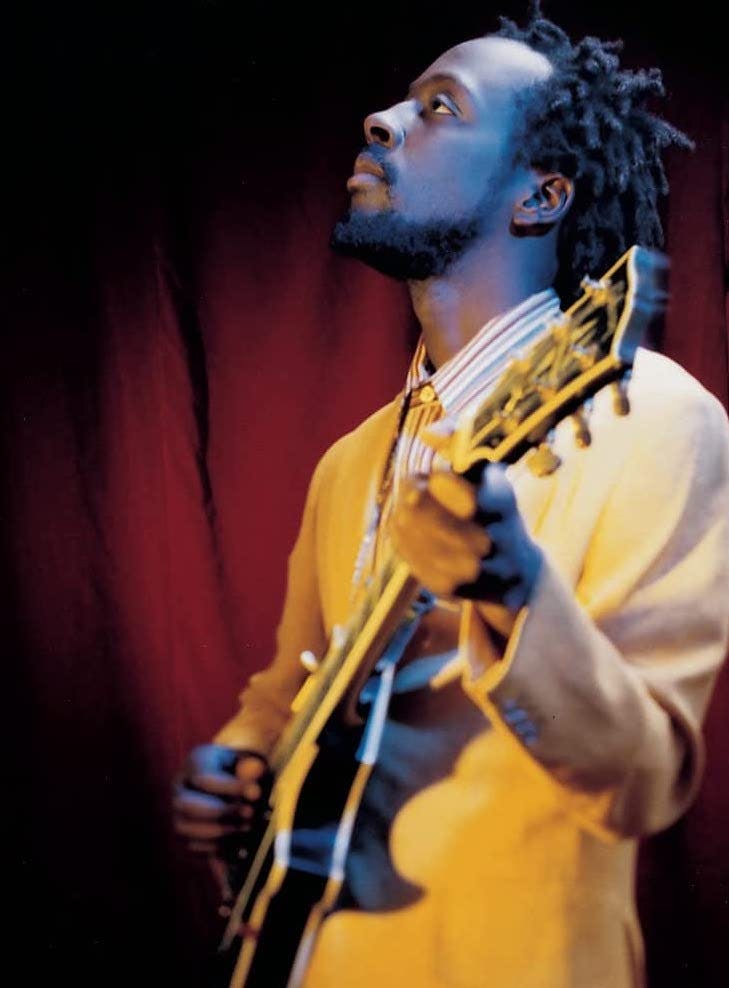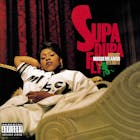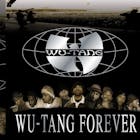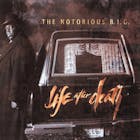features
Classic Albums: 'Wyclef Jean Presents: The Carnival' by Wyclef Jean
Classic Albums: 'Wyclef Jean Presents: The Carnival' by Wyclef Jean
Published Mon, July 4, 2022 at 12:00 AM EDT
In 1996, the Fugees surged to the top of popular music. Wyclef Jean, Lauryn Hill and Pras had suddenly become household names on the back of their uber-successful sophomore album, THE SCORE.

You see I loved hard once, but the love wasn’t returned, I found out the man I’d die for, he wasn’t even concerned..."
- Lauryn Hill ("Outro/Manifest" The Fugees)

She could no longer be my muse. Our love spell was broken.”
- Wyclef (PURPOSE: AN IMMIGRANT'S STORY, 2012)
But in the dissolution of the Fugees, Wyclef Jean became the artist he'd always known he could be.
